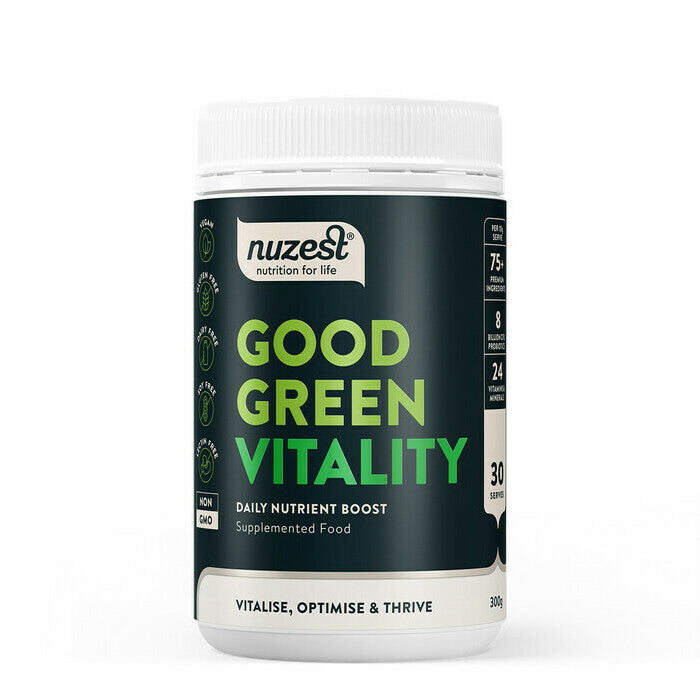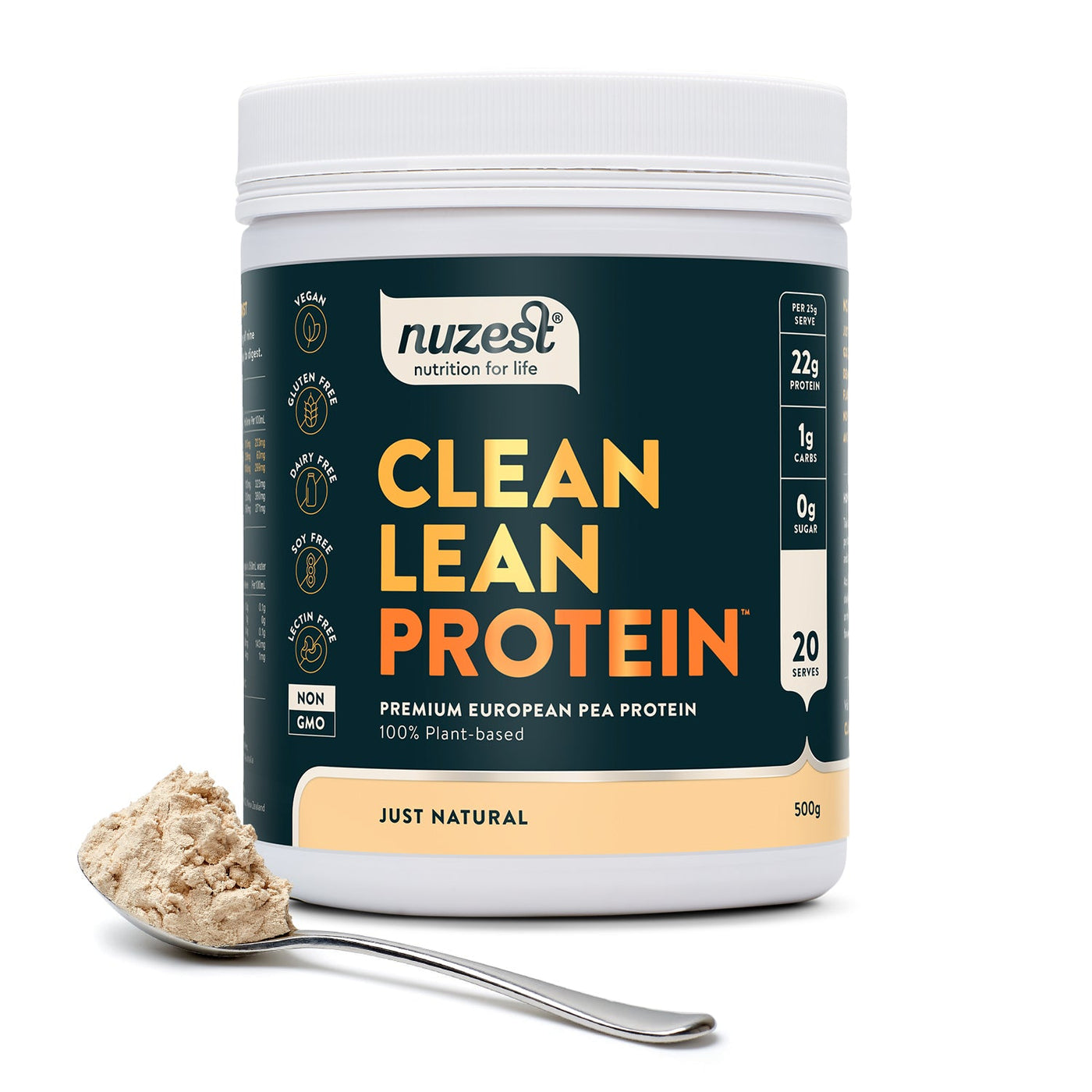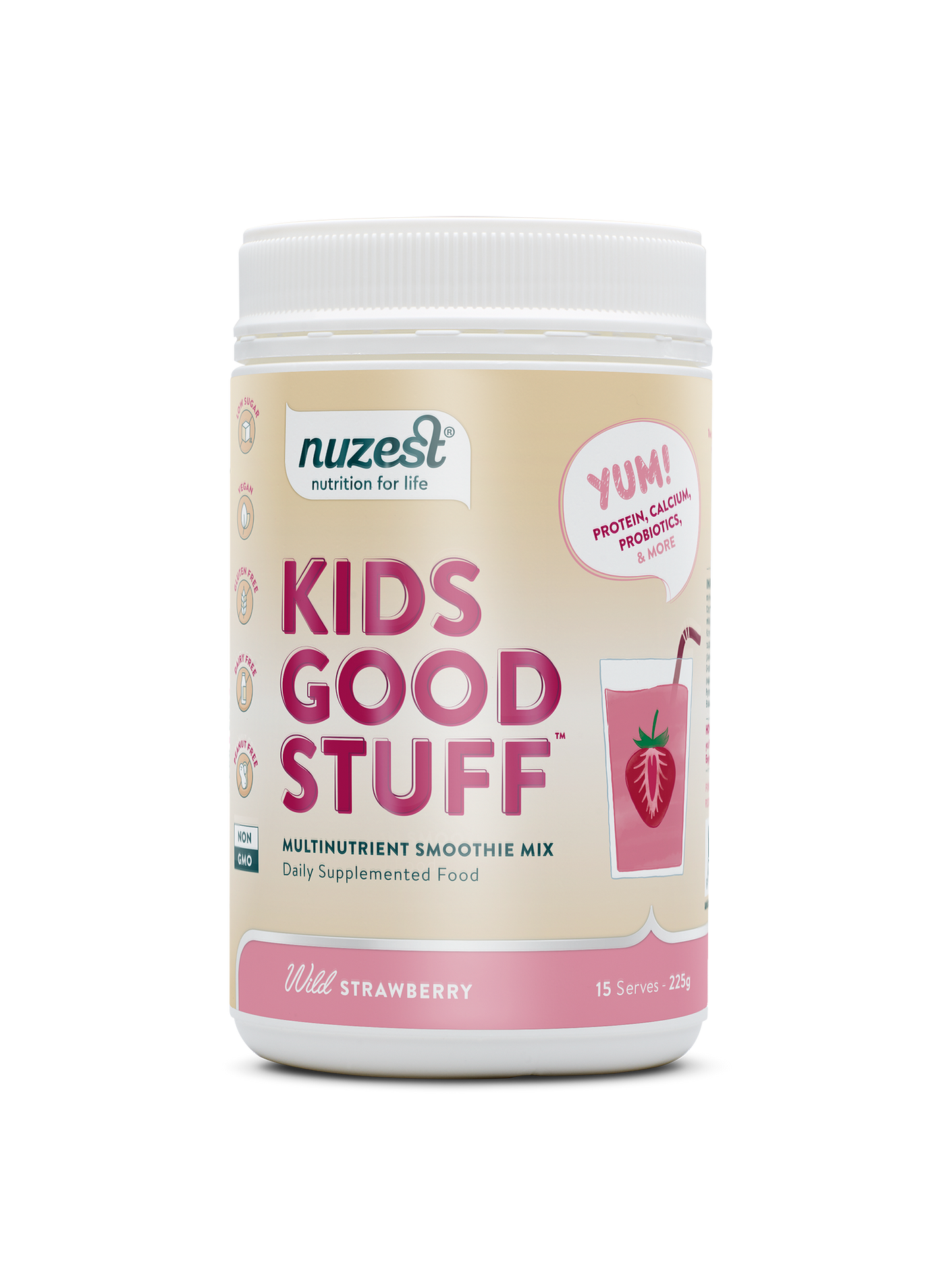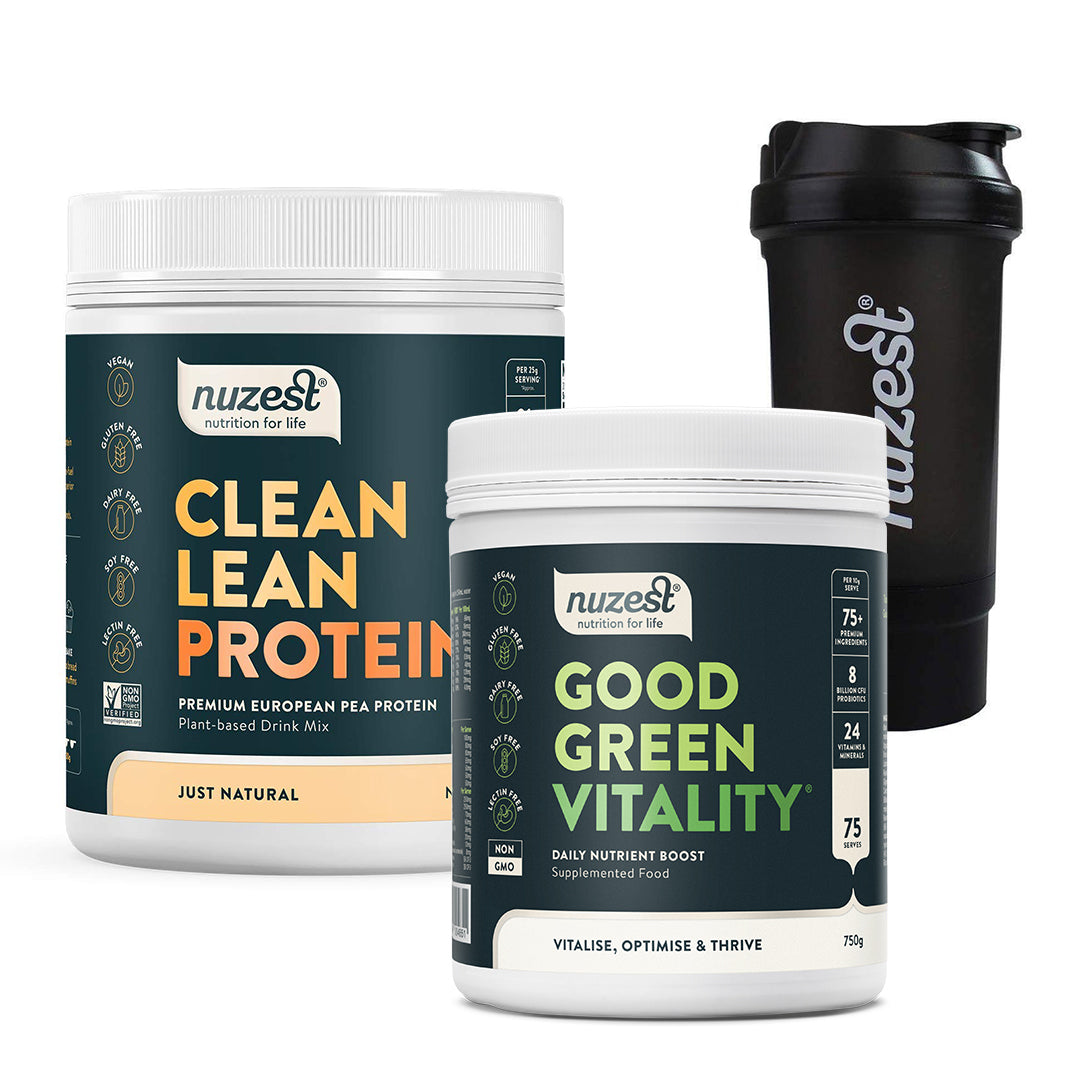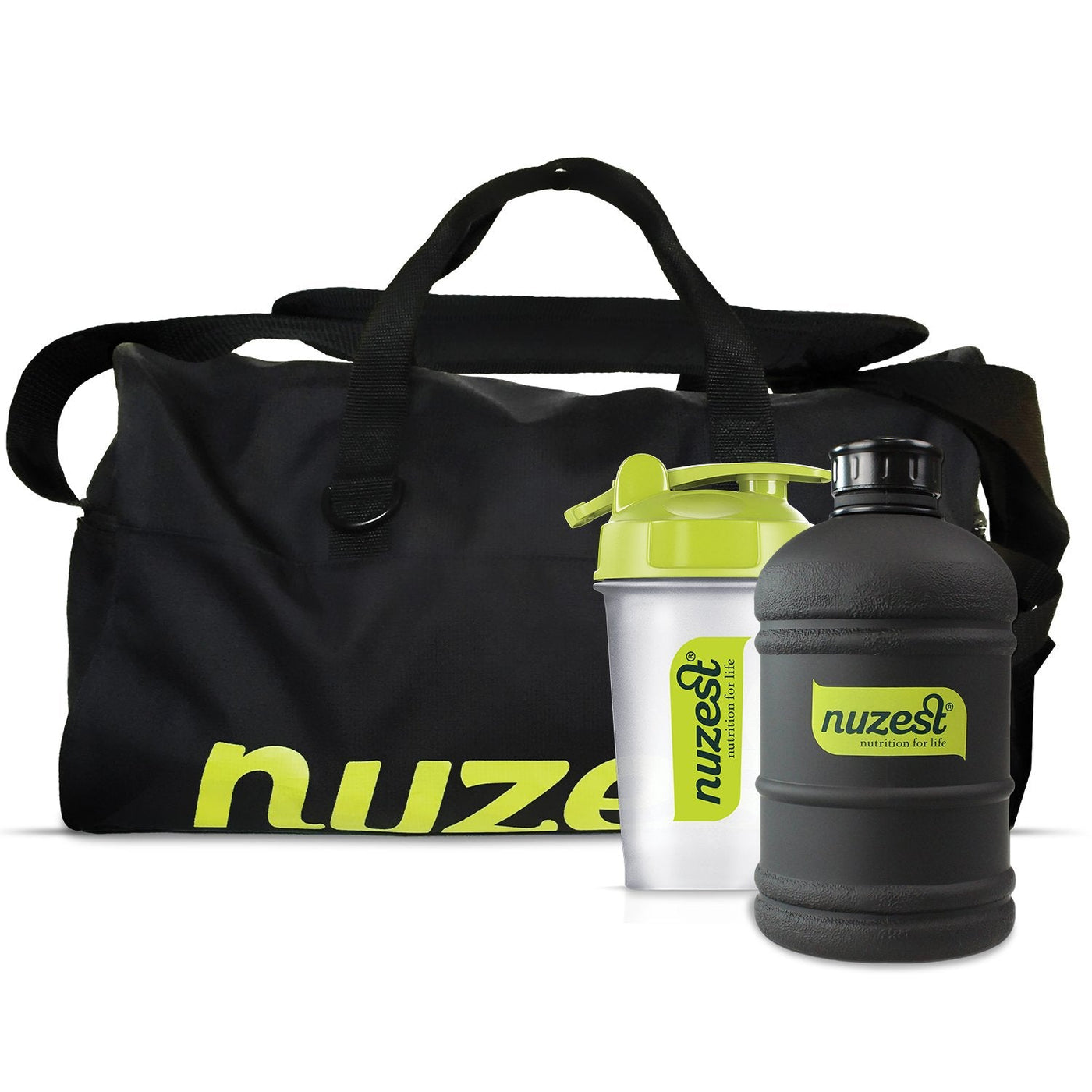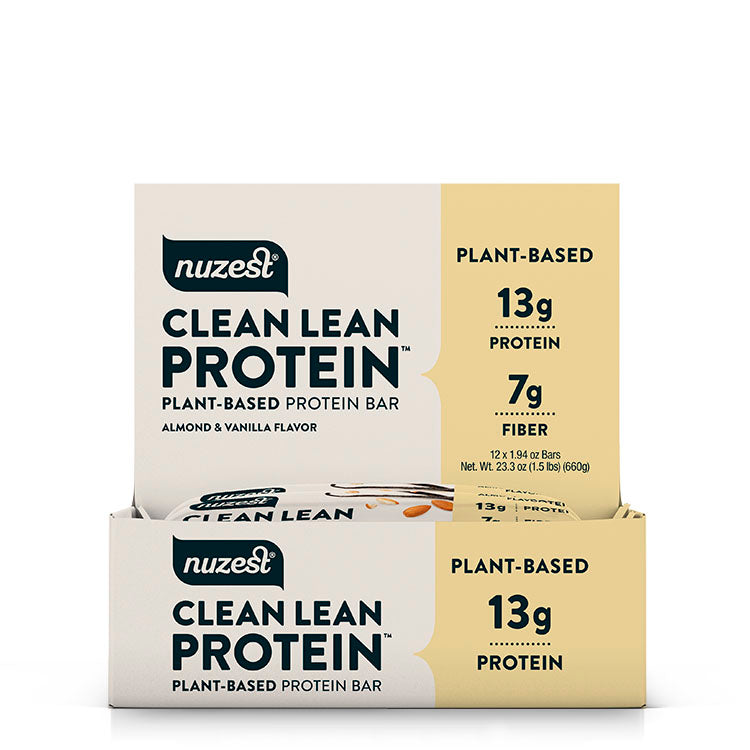Hydration 101
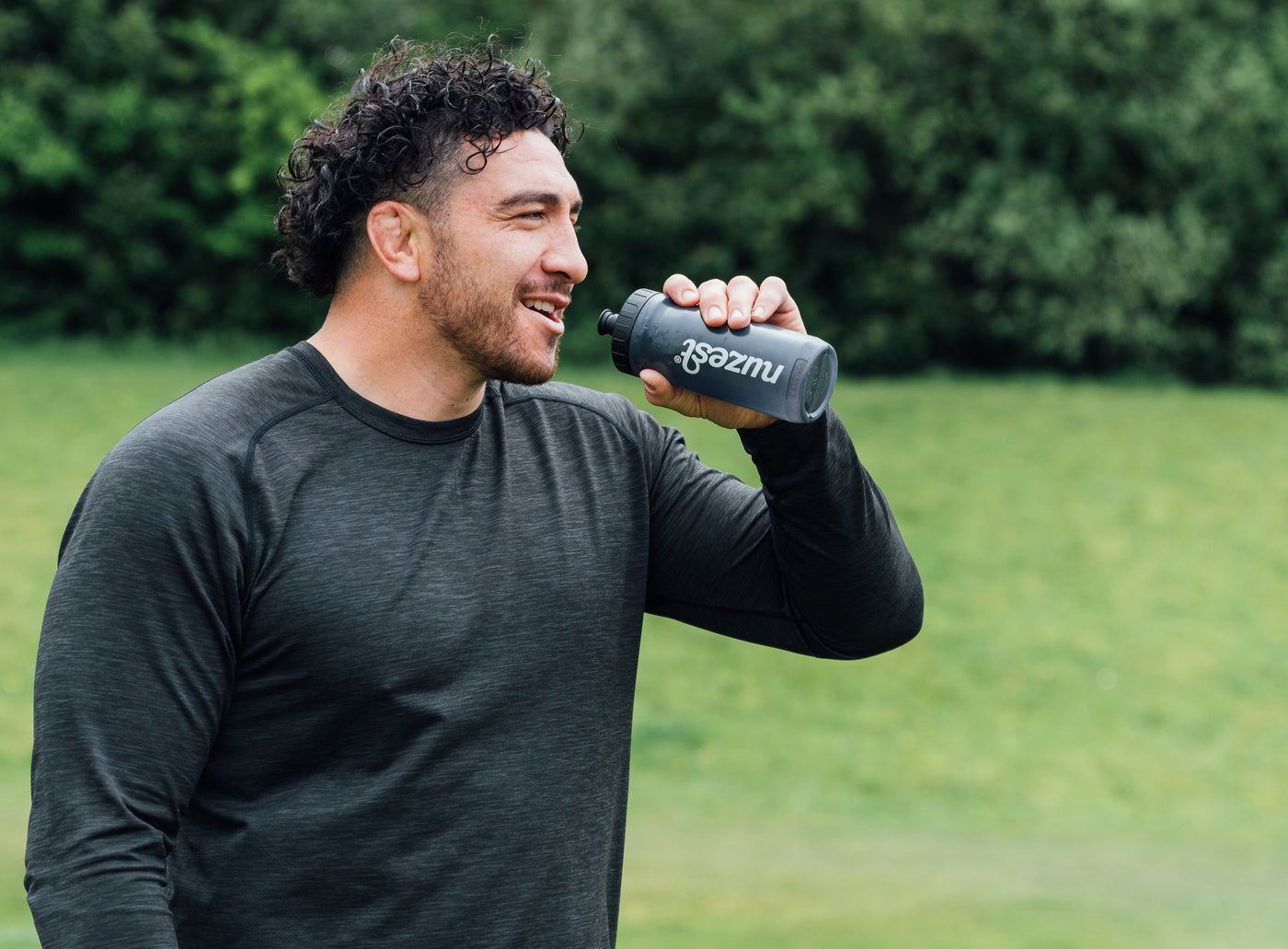
While it may seem easy to stay on top of your hydration, it is also one of the most problematic challenges we face. Particularly when you are exercising and even more so when temperatures are high. There is a lot of science behind hydration, but ultimately the end goal is always the same: avoid dehydration.
We have broken down the fundamentals of hydration, why it matters and how to best hydrate to maximise overall health and performance.
THE IMPORTANCE
Water is essential. Our bodies are made up of an average of 60% water. Several bodily functions rely on a steady availability of water, such as thermoregulation, joint lubrication, detoxification, maintaining blood volume and transportation of oxygen and nutrients, to name a few.
When our temperature rises the body secretes sweat as a means of cooling down. When the body’s temperature becomes too high, sweat losses can be substantial and the body loses water and electrolytes at increased rates. If these are not replaced at the correct rate there may be adverse effects on both health and performance.
A loss of water as small as 2% of our body weight can indicate dehydration. Signs of dehydration include fatigue, headache, dark urine, dizziness and increased thirst. Look out for these signs. Urine output and colour/smell can be a prominent indicator, followed by fatigue and headache. It’s important that you maintain hydration to avoid any of these signs from occurring.
HOW MUCH?
Fluid requirements differ for each person, so be sure to drink according to your thirst and check for the above signs. The average adult needs around 1.5-2l of fluids a day, this of course increases if you are outdoors exploring, exercising, or when the weather is warm. Fluids can come from both drink and food - consume fresh fruits and vegetables that have a high-water content and drink water, sports drinks or even fruit juice.
HYDRATION WHEN EXERCISING
Before
Prior to exercise you should look to slowly consume a fluid volume equivalent to 5–7ml/kg of body weight at least 4 hours before exercise, this should allow your body to hydrate and you can therefore start exercise in a hydrated state. If there is no urine output/dark coloured urine in the first 2 hours of pre-hydration, consume another 3-5ml/kg of body weight. Eating salted snacks or drinking high sodium drinks can help stimulate thirst and retain fluids ready for when exercise commences.
During
Working out your sweat rate can determine how much fluids you need to take on during exercise. Weigh yourself nude before a timed training session and then again after. If you drink during the training, keep track of how much and add this to your calculation. Try not to urinate unless necessary.
(1ml of fluid = 1g)
Subtract your post-exercise weight (g) from your pre-exercise weight (g). Add the weight of fluids consumed (g). Divide this by the time taken to exercise (h).
This is your sweat rate. Aim to replace this during exercise. Drinking small amounts frequently helps your body absorb the fluids better. Devising a plan that suits you as an individual will be a huge benefit.
As well as water, turn to sports drinks that contain sodium and carbohydrates to balance electrolytes, stimulate thirst and provide a boost of energy throughout exercise.
After
Rehydration following exercise can be guided by bodyweight. Weigh yourself before and after exercise. For optimal rehydration aim to replace each 1 kg of your weight (sweat) loss with 1.2-1.5l of fluids. If fluid losses have been high, usually if exercising for longer than an hour, you should look to restore lost electrolytes to prevent imbalances that could be damaging to our body functions. Sodium, calcium and potassium are the main electrolytes lost through sweat and can be replenished. Try a glass of Good Green Vitality after your session, with one serving containing 16mg of sodium, 165g of calcium and 300mg of potassium.
Top tips:
- Plan ahead
- Avoid gulping
- Choose the right drink for you
- Ensure you have enough fluids available
- Add in a sports drink/high sodium drink to avoid hyperhydration
References:
Exercise and Fluid Replacement, Medicine & Science in Sports & Exercise: February 2007 - Volume 39 - Issue 2 - p 377-390
https://www.bda.uk.com/resourceDetail/printPdf/?resource=fluid-water-drinks
